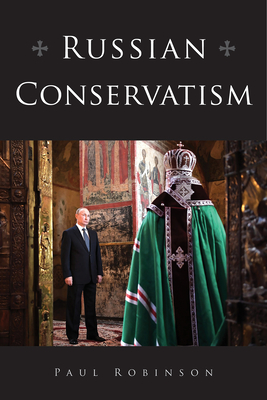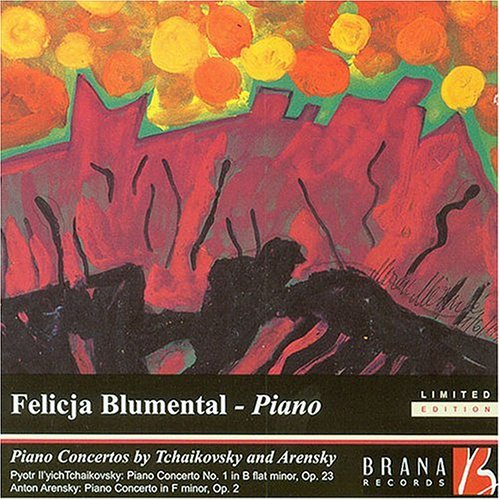
Paul Robinson's Russian Conservatism examines the history of Russian conservative thought from the beginning of the nineteenth century to the present. As he shows, conservatism has made an underappreciated contribution to Russian national identity, to the ideology of Russian statehood, and to Russia's social-economic development. Robinson charts the contributions made by philosophers, politicians, and others during the Imperial, Soviet, and post-Soviet periods. Looking at cultural, political, and social-economic conservatism in Russia, he discusses ideas and issues of more than historical interest. Indeed, what Russian Conservatism demonstrates is that such ideas are helpful in interpreting Russia's present as well as its past and will be influential in shaping Russia's future, for better or for worse, in the years to come.
For the past two centuries Russian conservatives have sought to adapt to the pressures of modernization and westernization and, more recently, globalization, while preserving national identity and political and social stability. Through Robinson's research we can now understand how Russian conservatives have continually proposed forms of cultural, political, and economic development seen as building on existing traditions, identity, forms of government, and economic and social life, rather than being imposed on the basis of abstract theory and foreign models.
--Gary Hamburg, Claremont McKenna College, author most recently of Russia's Path toward Enlightenment "Choice"member goods
listens & views

MONTY PYTHON'S SPAMALOT / O.C.R.
by MONTY PYTHON'S SPAMALOT / O.C.R.
COMPACT DISCout of stock
$16.75

TASTY SOUND COLLECTION: TEA & ...
by TASTY SOUND COLLECTION: TEA AND TONES / VARIOUS
COMPACT DISCout of stock
$8.25





